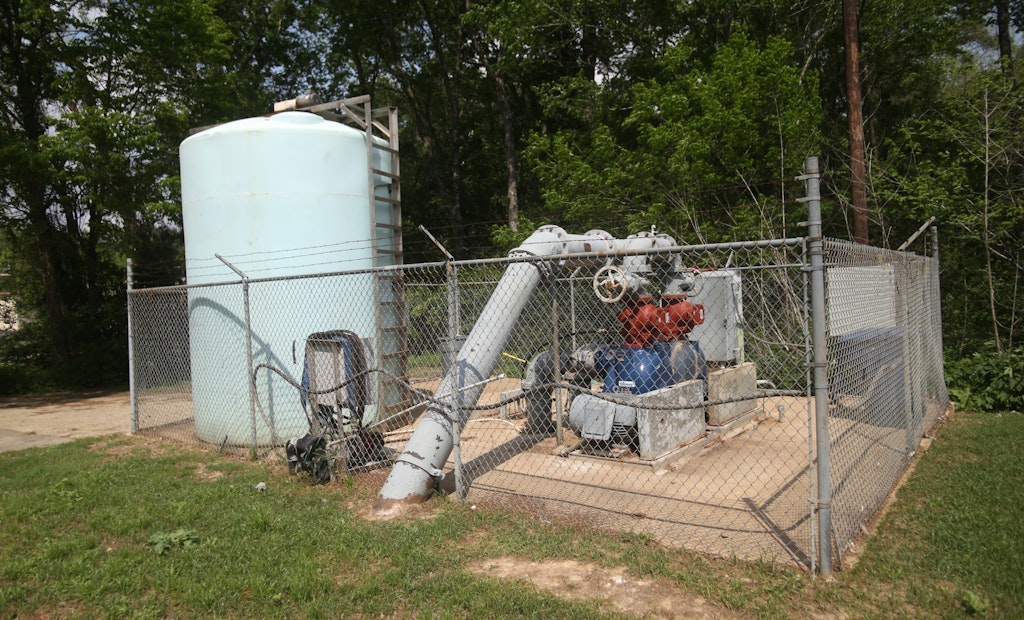
Interested in Cleaning?
Get Cleaning articles, news and videos right in your inbox! Sign up now.
Cleaning + Get AlertsWhen Jason Arnold confronted his utility’s soaring frequency of lift station repairs, he didn’t just want to head off problems. It was important to him to figure out exactly what was causing them. Was it as simple as aging pumps? That answer didn’t satisfy him.
“I’m really big on what can I control and what can I not,” says Arnold, director of the Department of Water and Sewer Utilities in Lufkin, Texas. “I can’t control a pump getting old. That just happens. But why are these other ones being torn up?”
An answer soon became clear: persistent and widespread use of so-called flushable wipes in the waste stream. Wipes had already been identified as a culprit in pump breakdowns. A regular lift station inspection program that Arnold instituted has shown how pervasive the problem really is.
“Now we know every single one of our lift stations is having to fight them,” Arnold says. “They’re really high on the list of things that tear up our lift stations.”
Wipes are second only to grease clogs as a source of trouble in the lines and pumps. But while grease blocks up lines or interferes with the biological sewage treatment process, it’s not as hard on pumps. And commercial kitchens, the main sources of grease, already understand the problem, says Arnold.
Wipes are another story.
“People think that because they’re flushable, they’re not going to affect the system, so they do it regularly without thought,” Arnold says. “They think as long as it goes down the toilet, everything is fine.”
So Lufkin is campaigning to spread the word that, no, everything isn’t fine. As sewer workers know all too well, “those flushable wipes don’t disintegrate,” says Arnold. “They’ll eventually all get to the lift station, get very stringy, and they’ll wrap themselves around the machinery, and then the pump will burn up. Suddenly that $3 package of wipes creates an $8,000 to $10,000 problem.”
Arnold has taken delivering the message into his own hands. When a wad of wipes fouled pumps and shut down one local lift station not long ago, he canvassed the affected neighborhood.
“I went and knocked on doors,” he says. “I spoke to people personally, and for the ones I couldn’t get at the door, I left a card on the door knob. I didn’t talk to a single person who was using them who realized they shouldn’t flush them. They were uninformed.”
He’s found it doesn’t need a heavy-handed approach — just a straightforward one.
“That’s no one’s fault,” Arnold says. “They just didn’t know better.” In that neighborhood, he adds, “we have not had a problem since.”
Now the utility is “working on getting the word out,” he says.
To help fight grease, especially from multifamily buildings where that problem is less well known than in the restaurant industry, the city has reached out to apartment managers, put flyers in apartment buildings, aired public service messages on local TV and the city’s own cable channel, and inserted messages in monthly bills to water and sewer ratepayers.
The city is now looking at public information campaigns to explain the problem with wipes, Arnold says.
Still, he values the personal touch: Nothing conveys the impact of a wipes clog, he says, like being told about it immediately after your own neighborhood lift station has been shut down for repairs.
Read more about Lufkin’s utility in this full profile featured in the June issue of Municipal Sewer & Water magazine.





